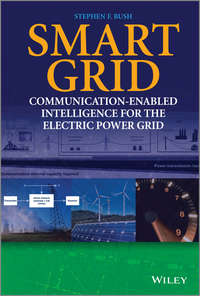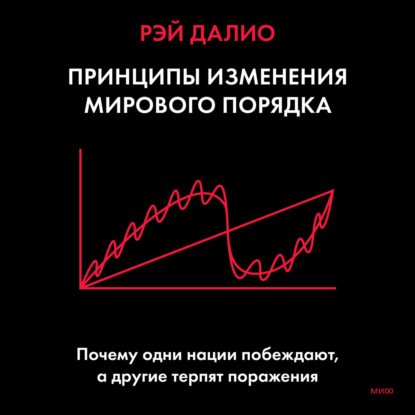Stephen F. Bush - Smart Grid. Communication-Enabled Intelligence for the Electric Power Grid

This book bridges the divide between the fields of power systems engineering and computer communication through the new field of power system information theory. Written by an expert with vast experience in the field, this book explores the smart grid from generation to consumption, both as it is planned today and how it will evolve tomorrow. The book focuses upon what differentiates the smart grid from the «traditional» power grid as it has been known for the last century. Furthermore, the author provides the reader with a fundamental understanding of both power systems and communication networking. It shows the complexity and operational requirements of the evolving power grid, the so-called «smart grid,» to the communication networking engineer; and similarly, it shows the complexity and operational requirements for communications to the power systems engineer. The book is divided into three parts. Part One discusses the basic operation of the electric power grid, covering fundamental knowledge that is assumed in Parts Two and Three. Part Two introduces communications and networking, which are critical enablers for the smart grid. It also considers how communication and networking will evolve as technology develops. This lays the foundation for Part Three, which utilizes communication within the power grid. Part Three draws heavily upon both the embedded intelligence within the power grid and current research, anticipating how and where computational intelligence will be implemented within the smart grid. Each part is divided into chapters and each chapter has a set of questions useful for exercising the readers' understanding of the material in that chapter. Key Features: Bridges the gap between power systems and communications experts Addresses the smart grid from generation to consumption, both as it is planned today and how it will likely evolve tomorrow Explores the smart grid from the perspective of traditional power systems as well as from communications Discusses power systems, communications, and machine learning that all define the smart grid It introduces the new field of power system information theory










